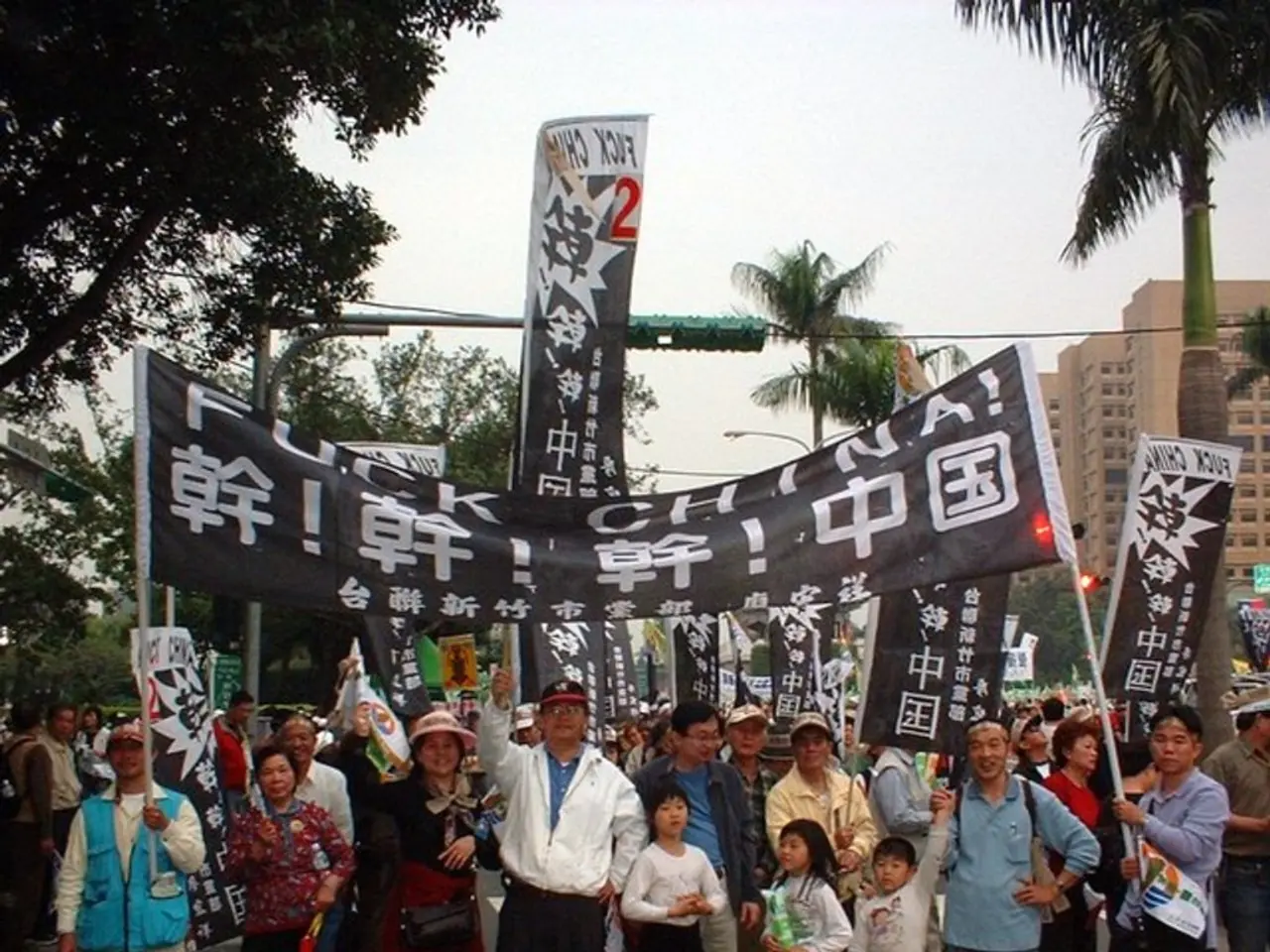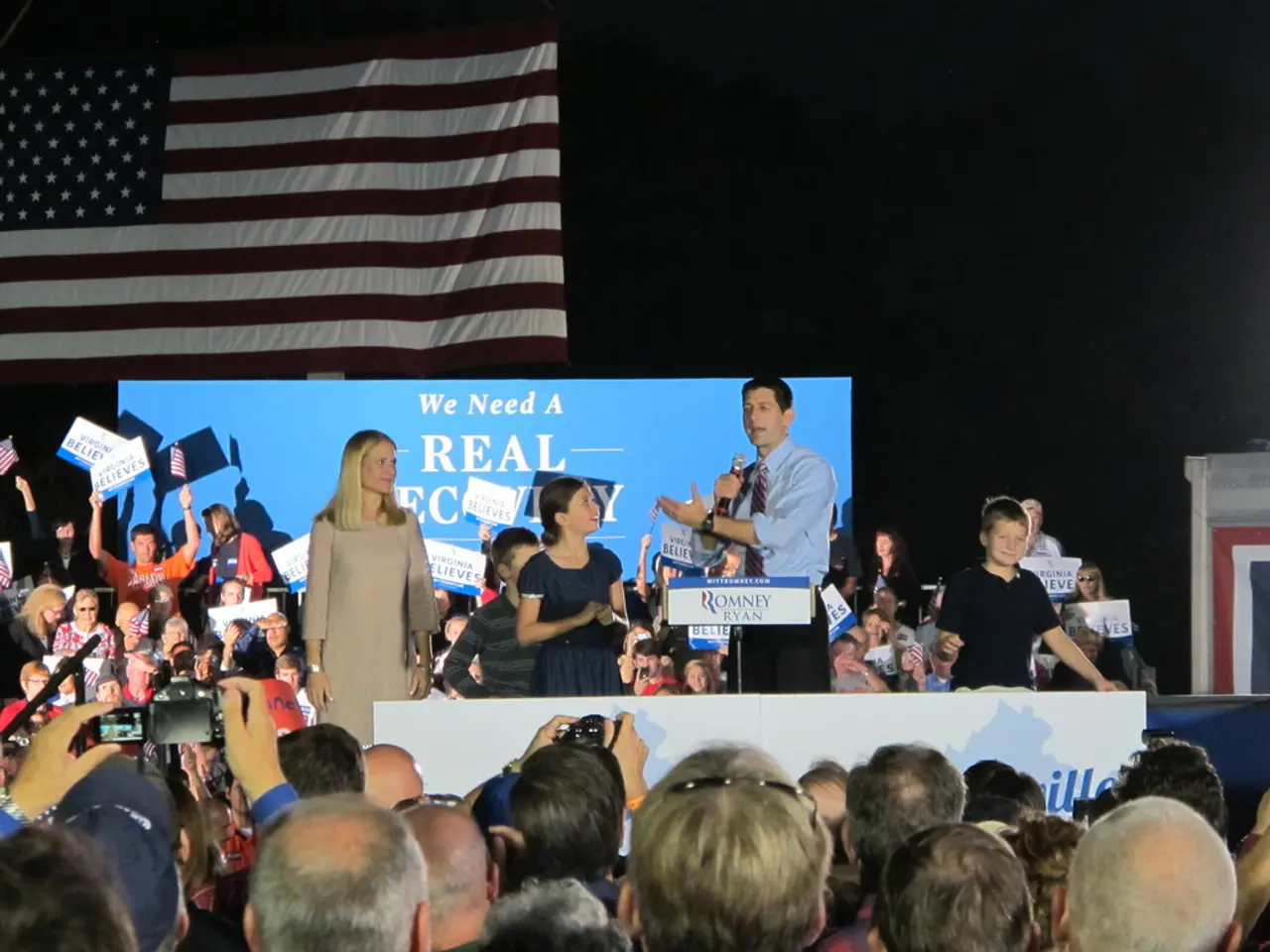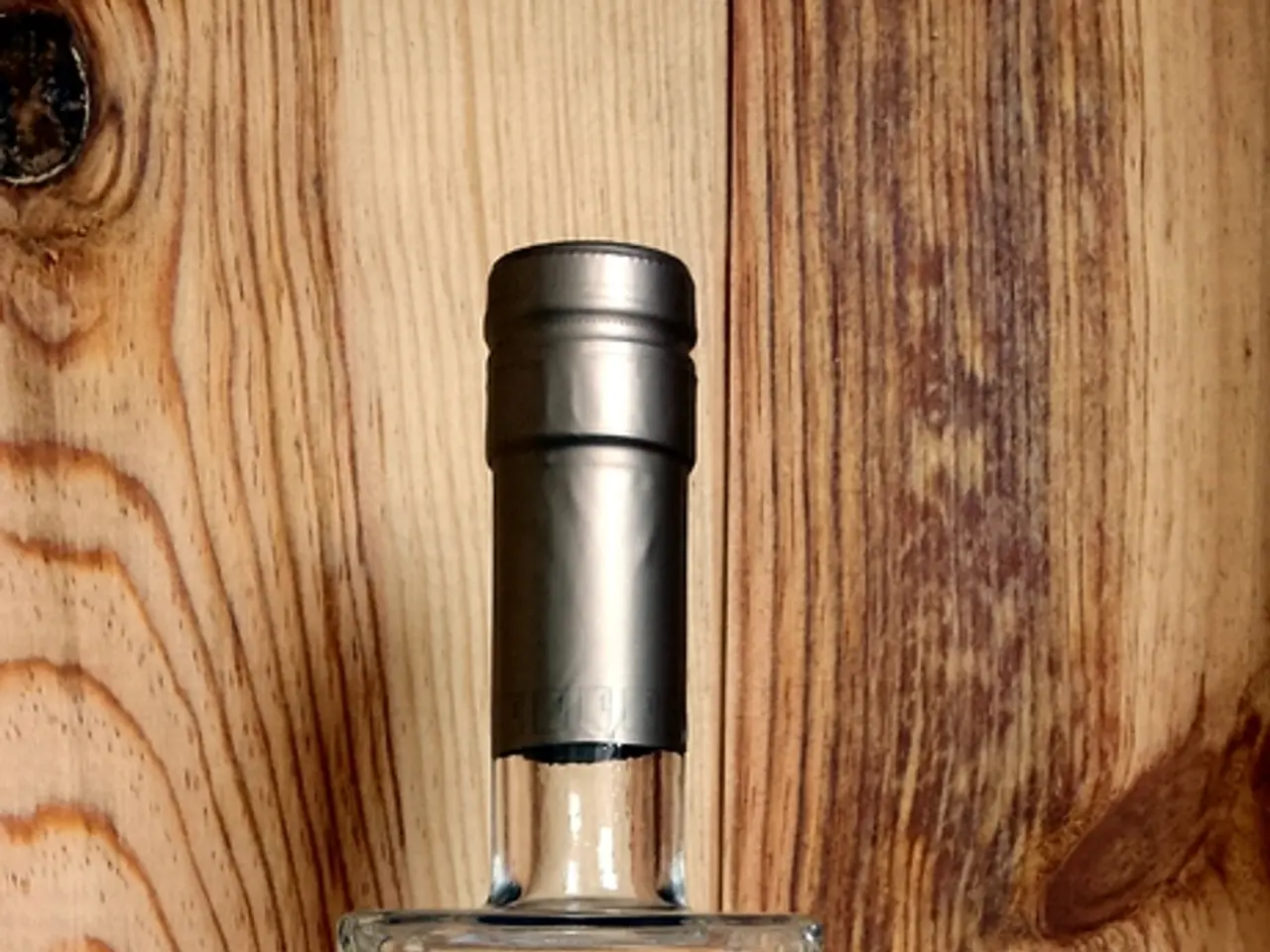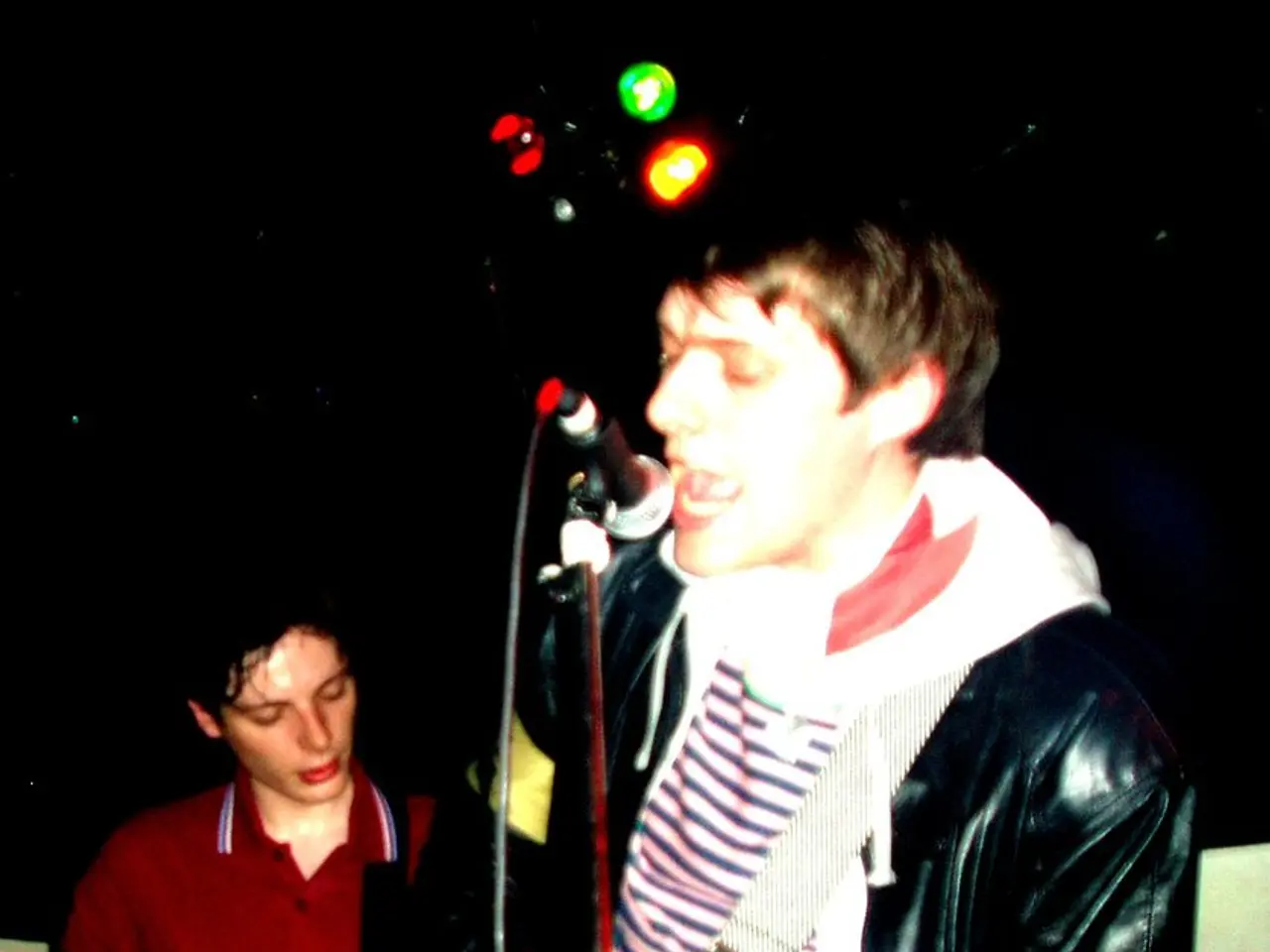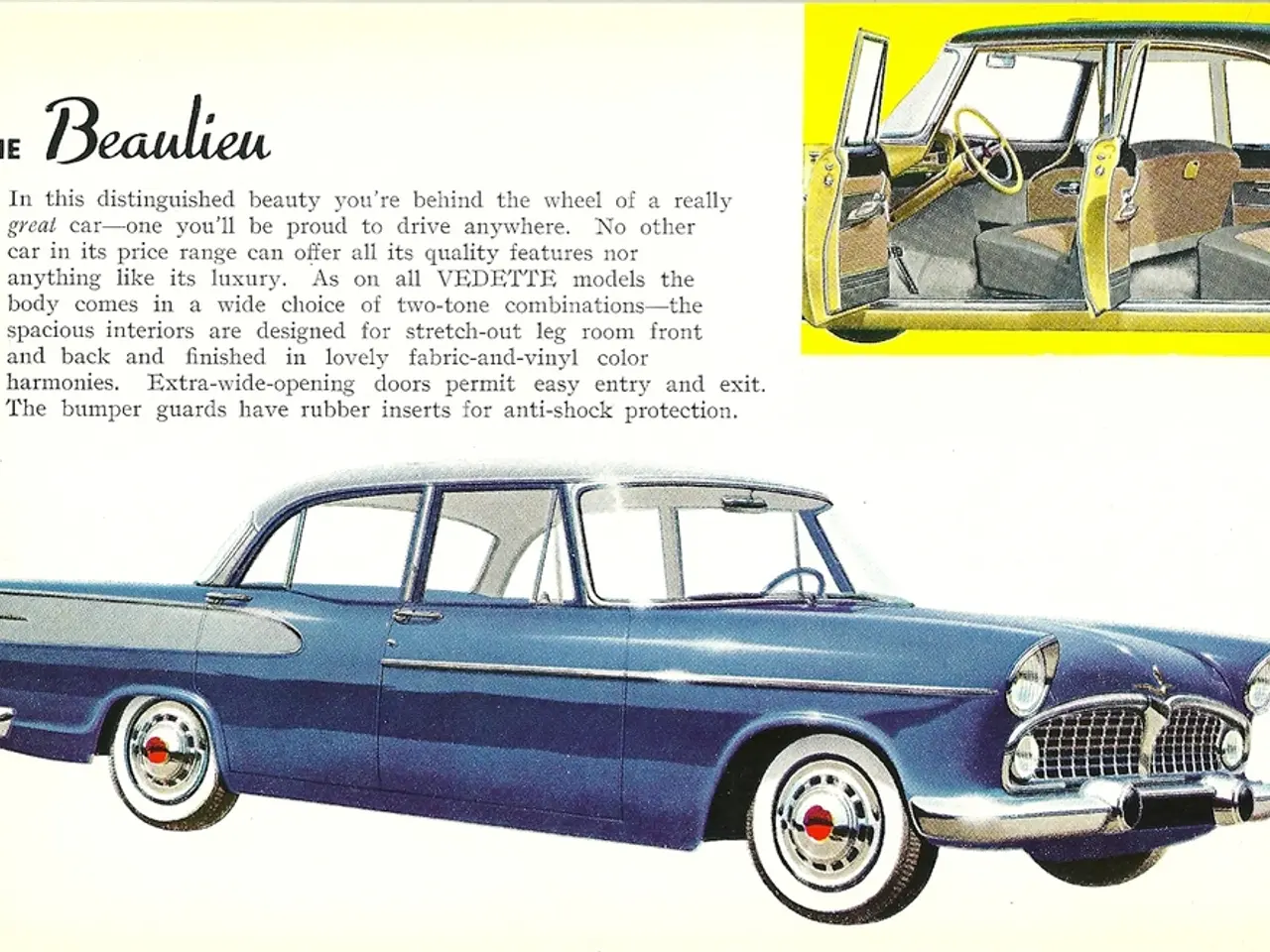Argentina Led by Cristina Kirchner
In the heart of Argentina, political tensions are running high as the country approaches its 2025 legislative elections. The polarization, evidently, is at a peak, with the nation evenly divided between supporters and opponents of President Javier Milei, regardless of party affiliation.
At the centre of this division is former President Cristina Fernández de Kirchner, who is currently serving a six-year house arrest sentence following her conviction on corruption charges. The sentence, delivered via a video call by Judge Jorge Gorini in one of Argentina's most politically, economically, and socially tense contexts in recent decades, has mobilized her supporters, including major labour unions threatening strikes, reflecting a highly charged and volatile political climate.
Kirchner's conviction is seen as a landmark moment in Argentina’s anti-corruption efforts, involving a decade-long investigation into corruption related to public works contracts. Financially, Kirchner and co-defendants were ordered to pay approximately US$535 million in restitution, reinforcing the weight of the judicial verdict.
The conviction has deepened political polarization in Argentina by reigniting tensions between Kirchner’s faction and the current government led by President Milei, who praised the conviction. Kirchner's lawyer, Gregorio Dalbón, stated that "the law prevailed, the people prevailed, because that's what was right, even if it was a fabricated case."
The conviction may reshape party dynamics and voter alignments in the 2025 legislative elections, intensifying polarization and potentially fragmenting the Peronist base that Kirchner had led. The conviction may bolster opposition forces aligned with the current administration while energizing her supporters to resist what they perceive as a politically motivated judicial action.
Argentina is currently facing brutal dollarization of its economy, accompanied by the elimination of the Central Bank and the reduction of several centralizing functions of the state. Coming from a wealthy family has worked against Fernández de Kirchner, with her possessions being labeled "shady" by her critics. She is seen as a "thorn in the side" for President Milei in the upcoming elections.
Reviving old attempts to accuse Fernández de Kirchner of corruption is seen as "convenient" for President Milei. The overturning of the decision for her to serve her sentence in a common prison was seen as a victory for Kirchner's defense, according to reports from La Nación and Russia Today.
Protests in support of Cristina Fernández de Kirchner have been particularly notable in Buenos Aires, with tens of thousands of Argentines taking to the streets in several cities, particularly Buenos Aires. The protests, in response to her current house arrest sentence and conviction on corruption charges, have occurred in several cities across Argentina.
The conviction and disqualification of Fernández de Kirchner from office will likely have significant political implications for Argentina’s 2025 legislative elections. Old ghosts of economic irregularities and hidden businesses are being revived to silence the growing anti-Milei movement in Argentina. The upcoming elections promise to be a battle of political wills, with the stakes higher than ever before.
[1] La Nación, "Cristina Fernández de Kirchner condenada a seis años de prisión domiciliaria por corrupción," 17 June 2023. [2] Russia Today, "Argentina: Cristina Fernández de Kirchner sentenced to six years in prison," 17 June 2023. [3] Clarín, "Cristina Fernández de Kirchner condenada a seis años de prisión domiciliaria," 17 June 2023. [4] BBC News, "Argentina: Cristina Fernández de Kirchner banned from office for life," 17 June 2023.
- The conviction and house arrest sentence of former President Cristina Fernández de Kirchner on corruption charges has sparked political unrest in Argentina, with her supporters staging protests across multiple cities, including Buenos Aires.
- The sentencing of Cristina Fernández de Kirchner is considered a significant moment in Argentina's policy-and-legislation against corruption, as it follows a decade-long investigation into public works contracts.
- The ongoing political tension in Argentina, especially surrounding the upcoming 2025 legislative elections, is heavily influenced by the conviction of former President Cristina Fernández de Kirchner and the subsequent implications for war-and-conflicts, politics, general-news, and crime-and-justice.
